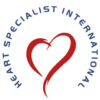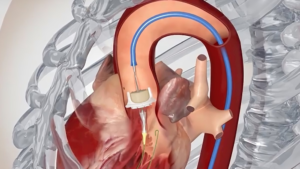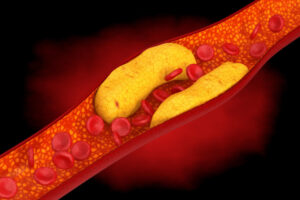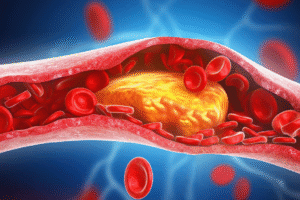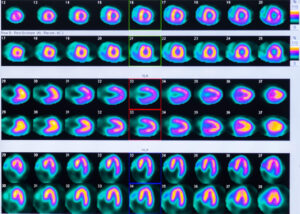Living with diabetes means managing blood sugar levels, but it also comes with an increased risk of heart disease. Diabetes affects the heart and blood vessels in multiple ways, often associated with co-morbidities like hypertension and high cholesterol resulting in complications like atherosclerosis, and even heart failure. Understanding these connections can help you take steps to protect your cardiovascular health.
The Connection Between Diabetes and Heart Disease
People with diabetes are significantly more likely to develop heart disease than those without it. But why is this the case? The answer lies in how high blood sugar impacts your blood vessels and the broader cardiovascular system.
How High Blood Sugar Affects Blood Vessels
- Damage to Blood Vessel Walls
High blood sugar levels can damage the inner lining of your blood vessels. Over time, this damage makes the walls more susceptible to narrowing and hardening, a condition known as atherosclerosis. - Inflammation and Fatty Deposits
Persistent high blood sugar can cause inflammation and lead to the build-up of fatty deposits (plaques) inside blood vessels. These plaques restrict blood flow and increase the risk of blockages, which can result in a heart attack or stroke. - Poor Circulation
Diabetes can also lead to poor blood flow in smaller vessels. This condition, known as microvascular disease. This can contribute to complications like heart failure.
Related Complications
- Hypertension (High Blood Pressure)
High blood pressure is common in people with diabetes. Together, these conditions place extra strain on the heart, increasing the likelihood of cardiovascular problems. - Increased Risk of Blood Clots
Diabetes affects how the blood clots, raising the risk of clots forming inside blood vessels. If these clots travel to the heart or brain, they can trigger a heart attack or stroke. - Heart Failure
Over time, the heart can weaken due to the strain caused by diabetes-related complications, leading to heart failure. This means the heart can no longer pump blood effectively to meet the body’s needs. Patient will complain of lethargy, breathlessness and swelling in the legs.
Steps to Protect Your Heart
Although diabetes increases the risk of heart disease, there are ways to manage this risk:
- Monitor Blood Sugar Levels
Keeping your blood sugar within the recommended range can reduce the damage to your blood vessels. - Adopt a Healthy Lifestyle
- Eat a balanced diet rich in fruits, vegetables, whole grains, and lean proteins.
- Engage in regular physical activity to improve circulation and heart health.
- Avoid smoking, as it significantly increases cardiovascular risks.
- Manage Blood Pressure and Cholesterol
Work with your doctor to keep your blood pressure and cholesterol levels in check. Medications and lifestyle adjustments can help. - Stay on Top of Check-Ups
Regular visits to your healthcare provider allow for early detection and management of heart-related issues.
Why Taking Action Matters
Understanding the link between diabetes and heart disease empowers you to take proactive steps to reduce your risk. By making small, consistent changes to your lifestyle and working closely with your healthcare team, you can improve your heart health while managing diabetes.
Let’s Talk About Your Heart Health
If you’re living with diabetes and have concerns about your heart, consider scheduling a consultation with Dr Paul Ong at The Heart Specialist International.
Dr Ong can provide guidance tailored to your needs, including insights into managing cardiovascular risks associated with diabetes.
Take the next step towards better heart health. Reach out to The Heart Specialist International today to discuss your care options.
